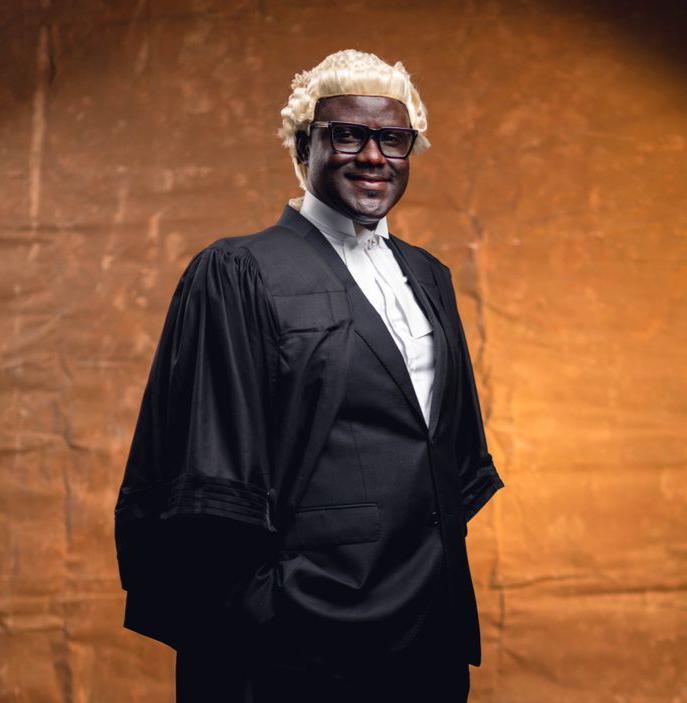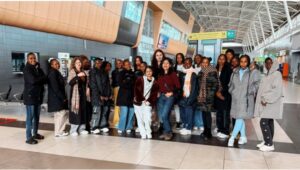
Some 30 parents from six districts in both Volta and Oti regions have undergone two-day training in Ho to be licensed as foster parents.
Mr Fred Sakyi Boafo, Deputy Director in charge of Child and Family Welfare, Department of Social Welfare, Headquarters, said the training was to improve parenting skills of the participants because foster parents required effective parenting skills.
He said it also aimed at building the capacity and equipping the parents with the requisite knowledge on issues of foster parents – foster children relation and how best to take good care of them
Mr Boafo said it had become increasingly necessary to have foster parents because of the increasing number of foster children in the country.
He said most children’s homes and orphanages in the country were also congested so there was the need to have more foster homes.
Mr Boafo told the Ghana News Agency that through informal fostering had been in existence, it was not under any regulation; therefore, it was necessary to formalise it to ensure proper and effective foster homes to provide the needed care, love and protection for the children.
He said they had a monitoring team to ensure that foster parents performed their responsibilities of ensuring good care, love and protection of foster children.
Mrs Stella Agbezuhlor Mawutor, Programme Head, Child Rights Promotion and Protection, Department of Social Welfare, Volta, said children were placed in foster homes to ensure effective “ bonding and attachment”.
“Attachment is a very important human need. Sometimes we send children to residential homes and orphanages but the bonding and the attachment is not very good because of the frequent change of caregivers”, she stated.
Mrs Mawutor said most residential and orphanage homes also had a few numbers of caregivers, which sometimes exacerbated the plight of the children therefore, it was necessary to have a foster care system to help them.
She said research had shown that when children stayed longer in institutions and grew up, it affected them emotionally, socially and psychologically, therefore, “the reform is aimed at getting the children to grow up in families”.
Mr Samuel Enyo Anaglate, Head, Foster Care Unit, Department of Social Welfare, Headquarters, said foster care system was aimed at providing family life for children who for some reason were not able to live with their own family.
He said the pre-service foster family training for the parents was necessary because foster care required high-quality foster parents to provide good family life for the children to thrive.
Mr Anaglate said people could embrace the foster care system and be willing to become foster parents only when they understood and were taken through a comprehensive foster family training and education.
Some participants who spoke to Ghana News Agency said they had acquired much knowledge to handle not only foster children but also their biological children.
The participants were taken through topics such as; developmental stages of children in foster care, special needs of children in foster care, rights and responsibilities of foster parents, how to become a licensed foster parent, among others.
The training was supported by the United Nations Children’s Fund (UNICEF).
Source: ghananewsagency.org






